Implement DPDP & privacy compliance across customer and vendor journeys - via a single platform
Consent Manager
Collect and manage consent across all channels with DPDP consent artefacts

Privacy Centre
Manage privacy rights requests and revocation requests


Run data discovery & mapping across systems

Unified Assessments
Conduct DPIA, PIA and third-party risk assessments
.svg)
.svg)
.svg)
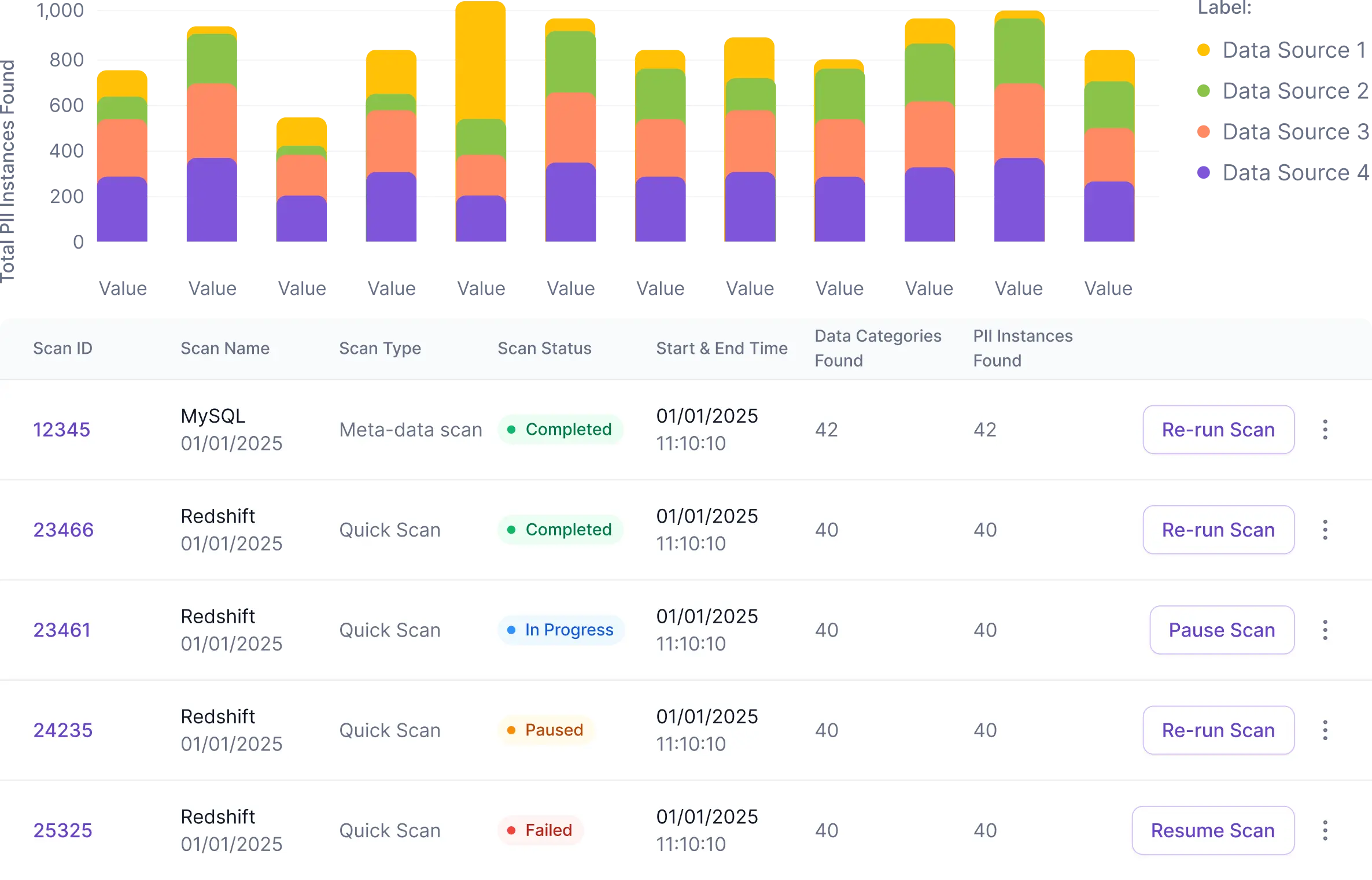
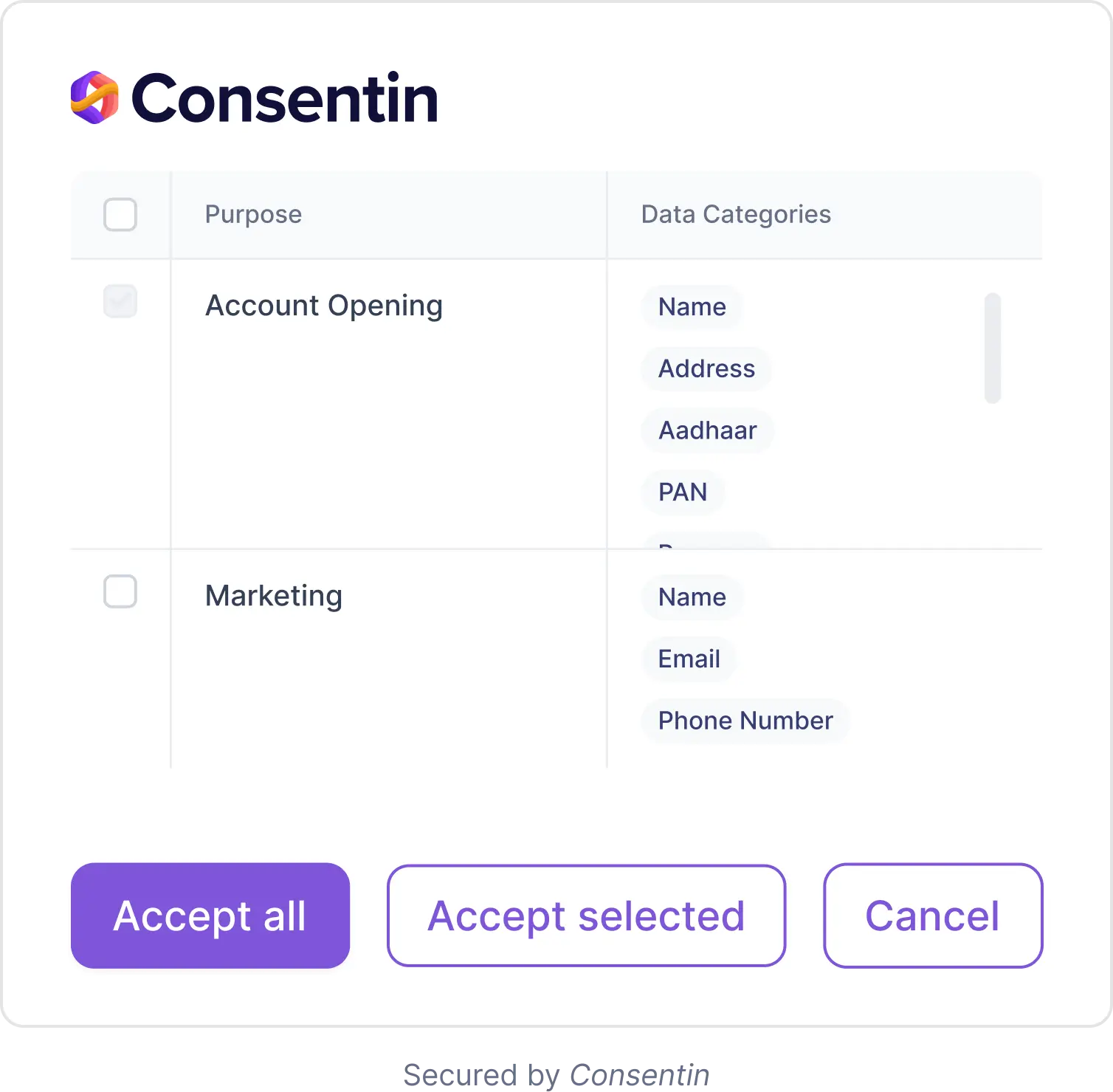
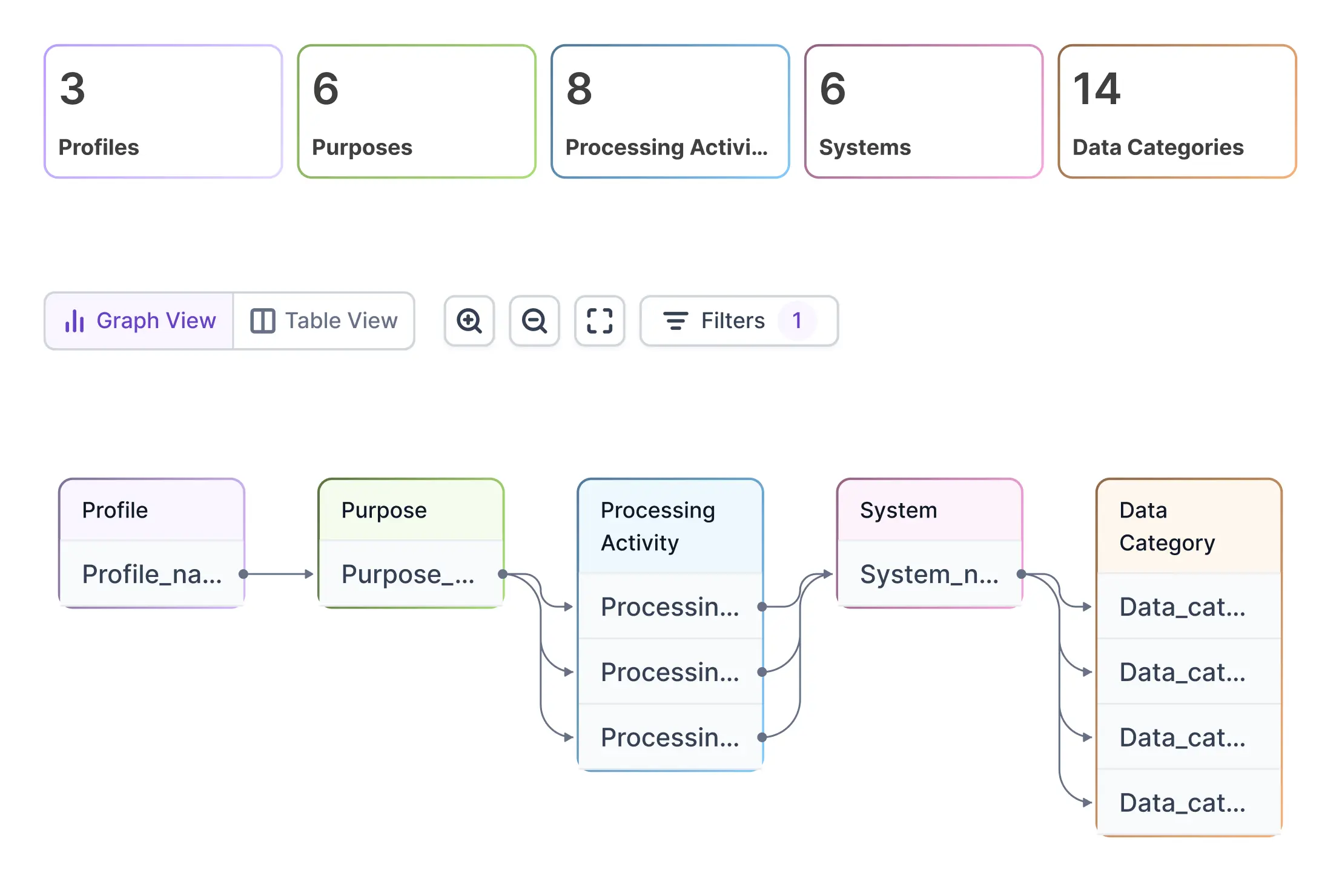
DPDP Rules are here - comply fast with Consentin
Collect and manage DPDP-compliant consent across customer journeys



.webp)
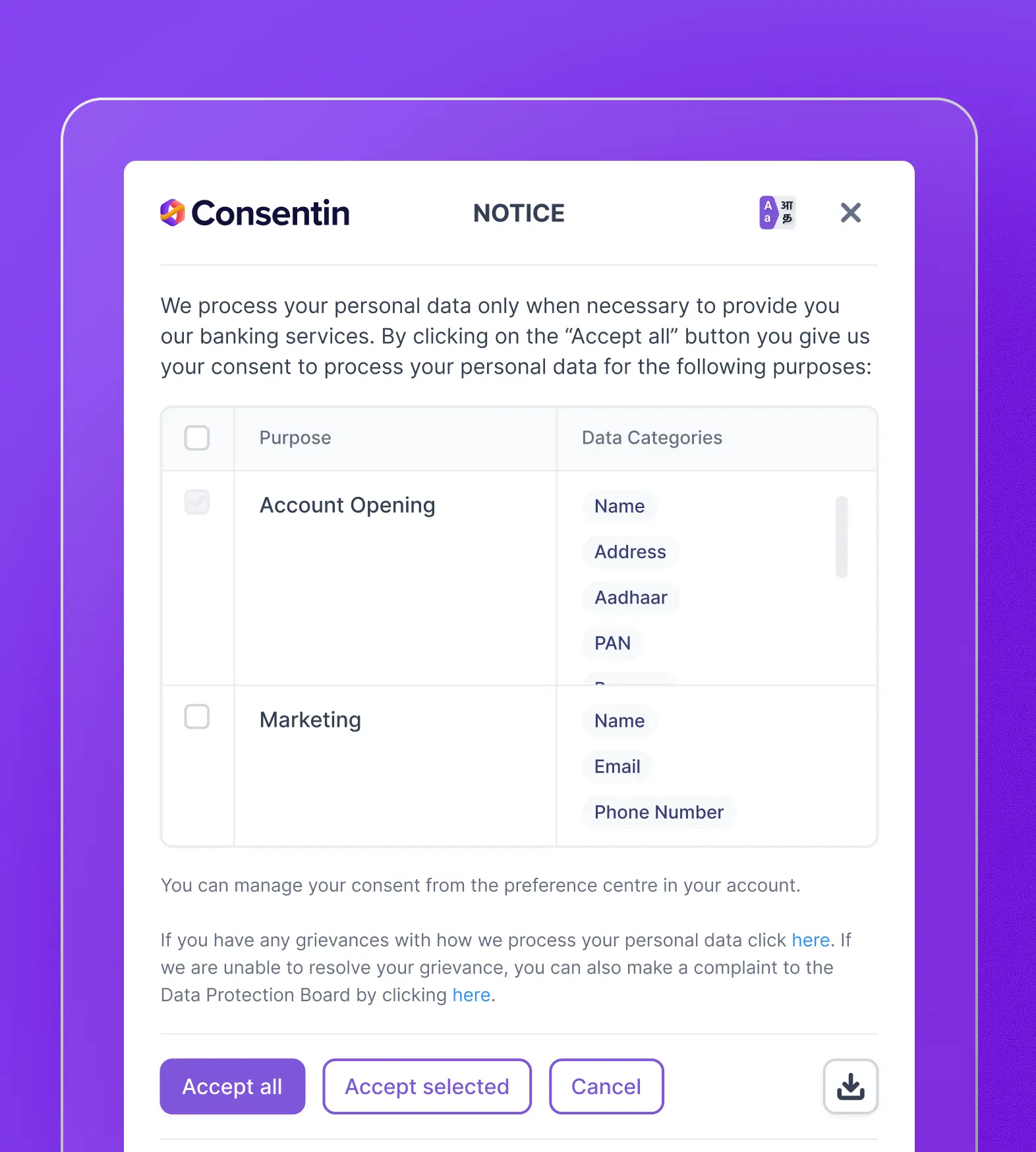
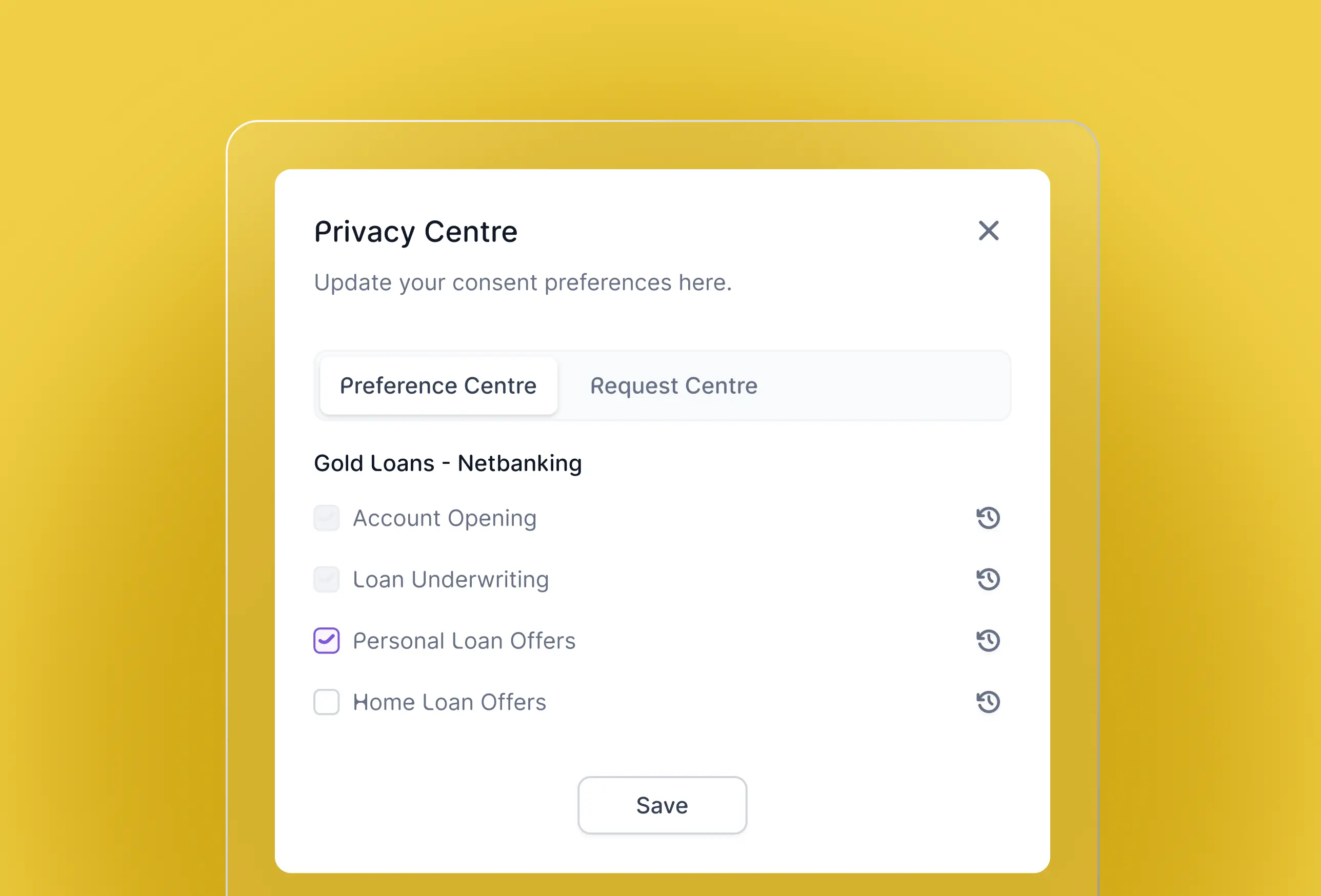
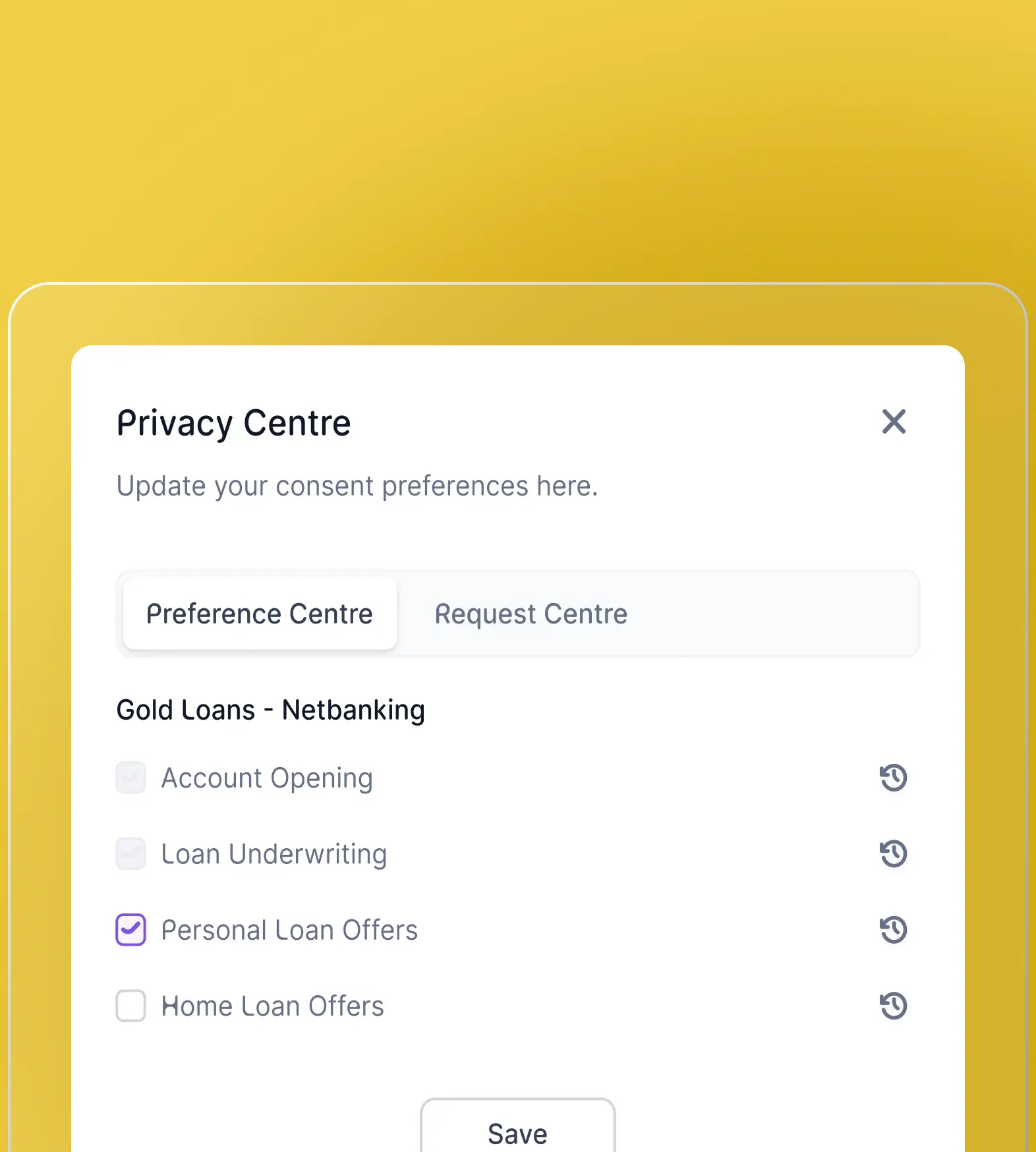
Manage and respond to rights requests


Use

to identify and
classify personal data



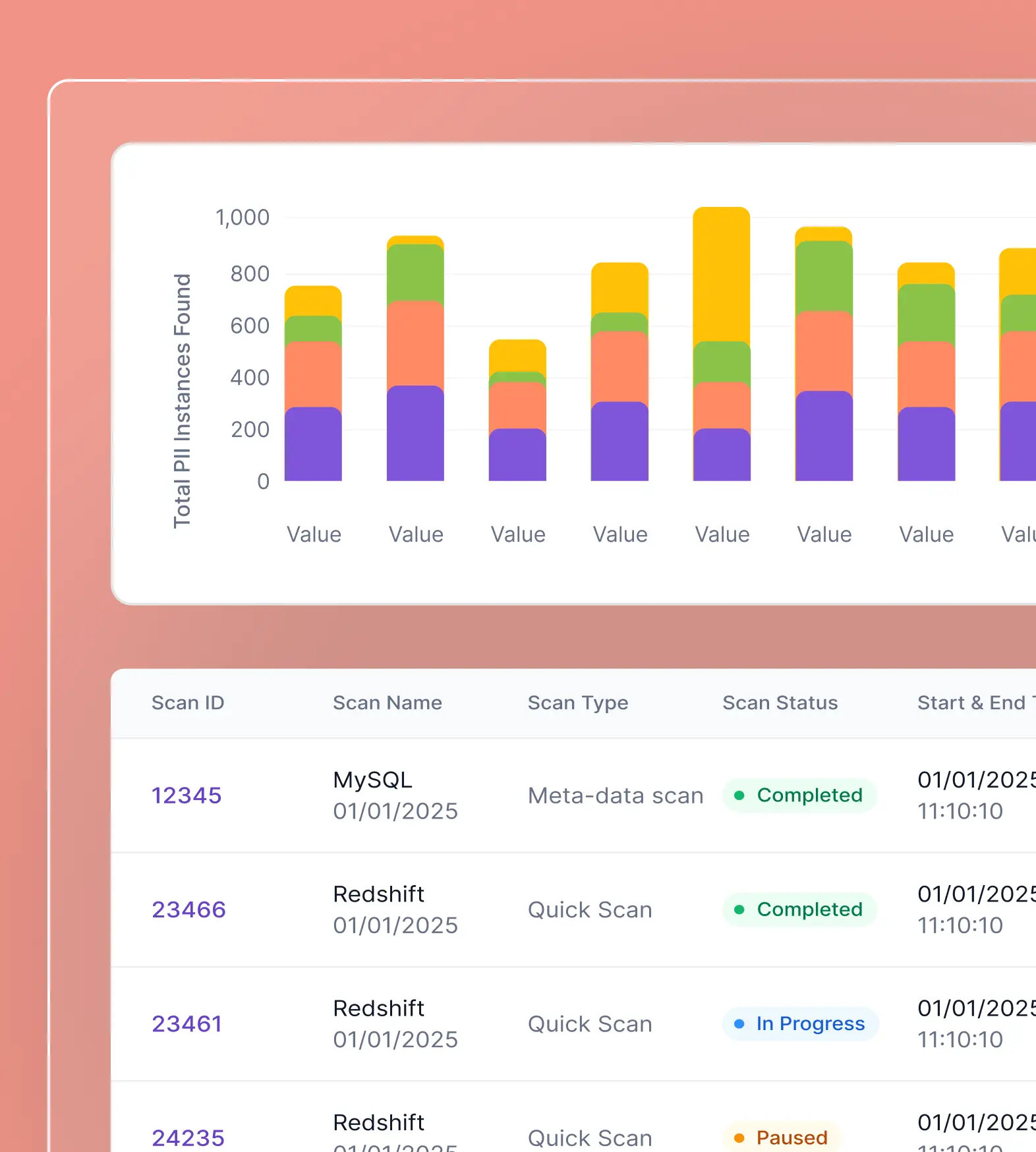
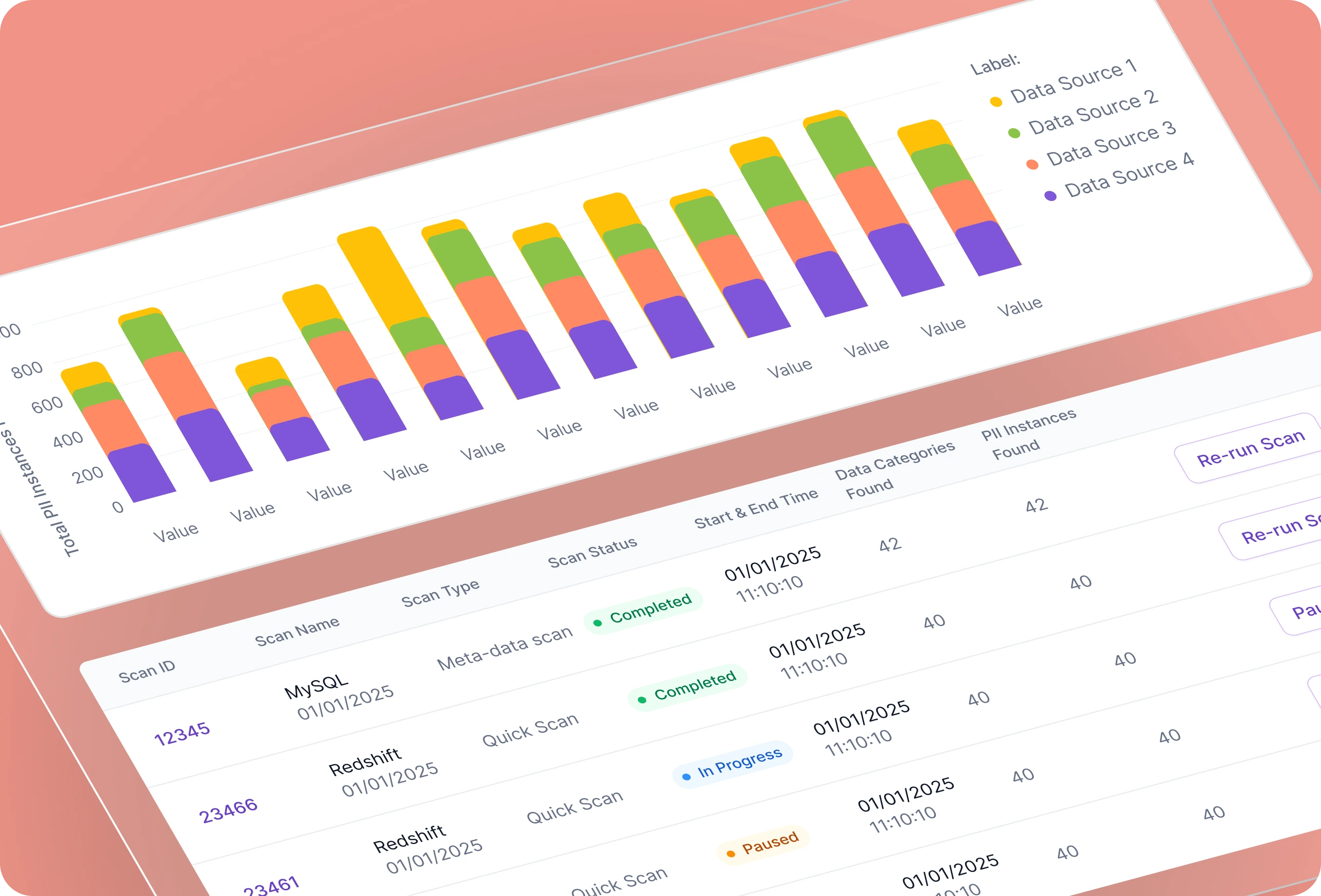
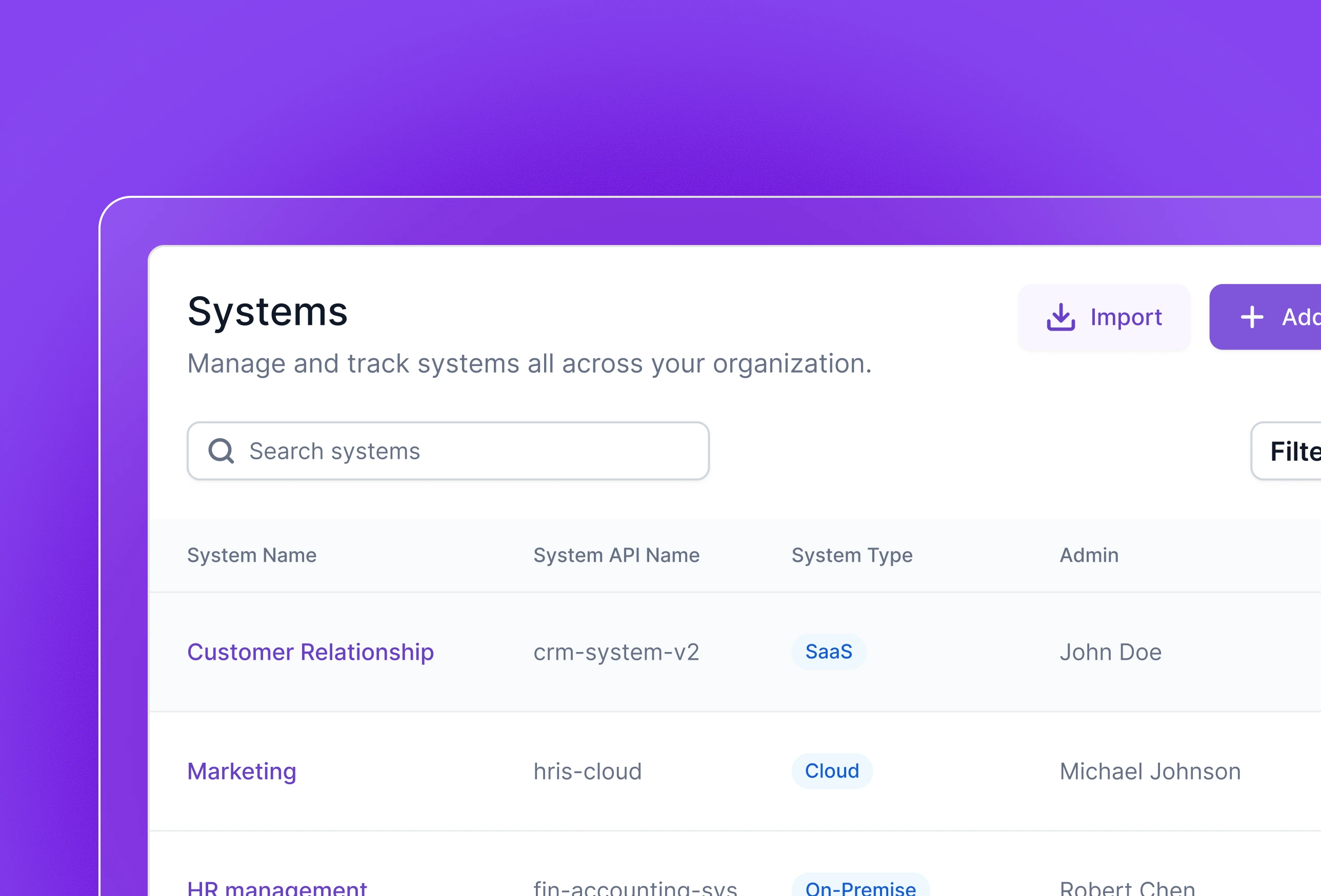
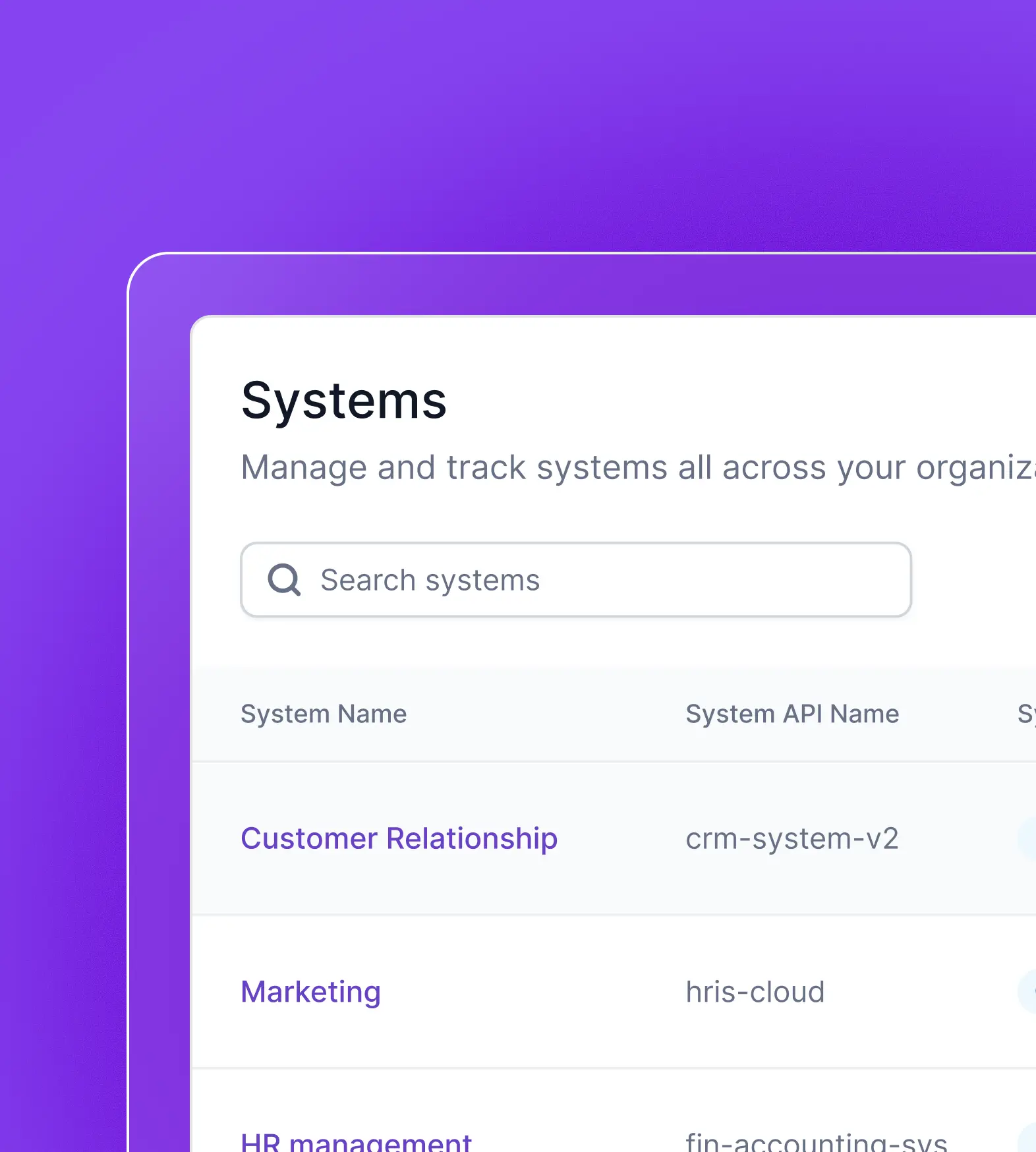
Automate third party risk assessments and breach notifications



All modules in Consentin
Criteria
Consentin (SaaS/Cloud)
Consentin (On Prem)
We have an irresistible starter offer for you
3000 DPDP-compliant consent collections/month — ₹0 (forever)
With our Starter Pack, you can collect 3,000 consents per month at ₹0—forever.
If your volumes are ≤ 3,000 / month, run DPDP end-to-end at no cost.
If your volumes are > 3,000 / month, use this to run a free live pilot before you buy.

Sign up for a DPDP Demo to start using Consentin





Frequently asked questions
Still have questions? Book demo with us.
Under the DPDP Act, a Consent Manager is a person registered with the Data Protection Board who acts as a single point of contact to enable a user to give, manage, review, and withdraw their consent through an accessible, transparent, and interoperable platform.
In simpler terms, a Consent Manager ensures that individuals have full control over their personal data and how it is processed.
Under the DPDP Act, you must take user consent when processing personal data in digital form unless the processing falls under specific exemptions provided by the Act. Key scenarios requiring user consent include:
- Collecting Personal Data: When collecting personal data for any purpose.Sharing Data with Third Parties: Before
- Sharing user data with external entities or Using Data for New Purposes: If the purpose of processing changes from what was initially communicated.
- Retention Beyond Purpose: If data needs to be retained for reasons other than the original purpose of collection.
Yes, the DPDP Rules were notified on 13th November 2025, bringing the DPDP Act into force. The Rules introduce different timelines for different provisions.
Data Fiduciaries have been granted 18 months to comply with the Act and the Rules- this window ends on 13th May 2027.
Under the DPDP Act, processing personal data without obtaining valid consent can result in a penalty of up to ₹50 crores per instance.
The requirement to take consent for cookies under the DPDP Act is currently uncertain. However, if cookies are interpreted as “personal data” under the Act (as they can identify and profile users), the following steps may be necessary for compliance:
- Display a Cookie Notice: Clearly explain the use, types, and purposes of cookies, ensuring the notice is available in local languages.
- Obtain Explicit Consent: Use unambiguous actions, such as an “Accept Cookies” button, to collect clear, explicit, and informed consent.
- Provide an Opt-Out Option: Allow users to easily reject or withdraw their consent for cookies at any time.
- Use a Consent Manager: Integrate a Consent Manager to streamline cookie consent collection and ensure compliance with DPDP Act standards.
Until further clarification or enforcement under the DPDP Act, aligning cookie practices with global standards like GDPR can help mitigate compliance risks.










